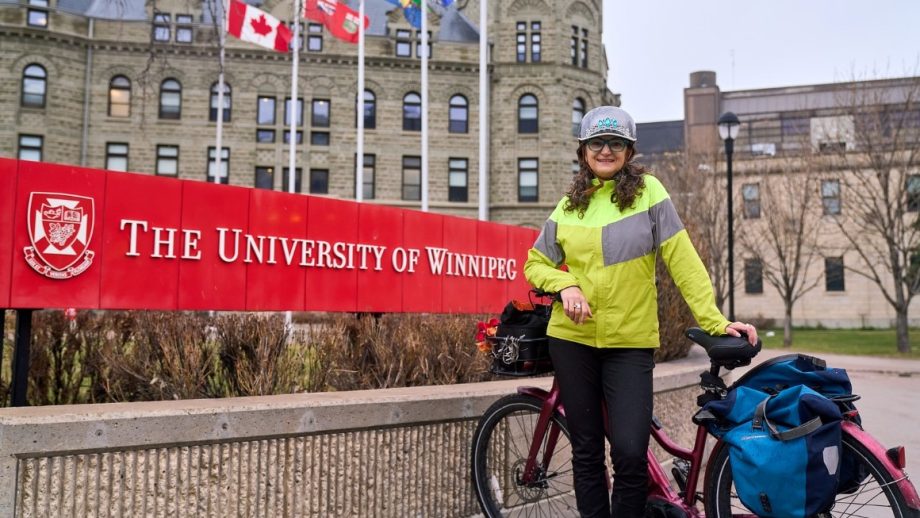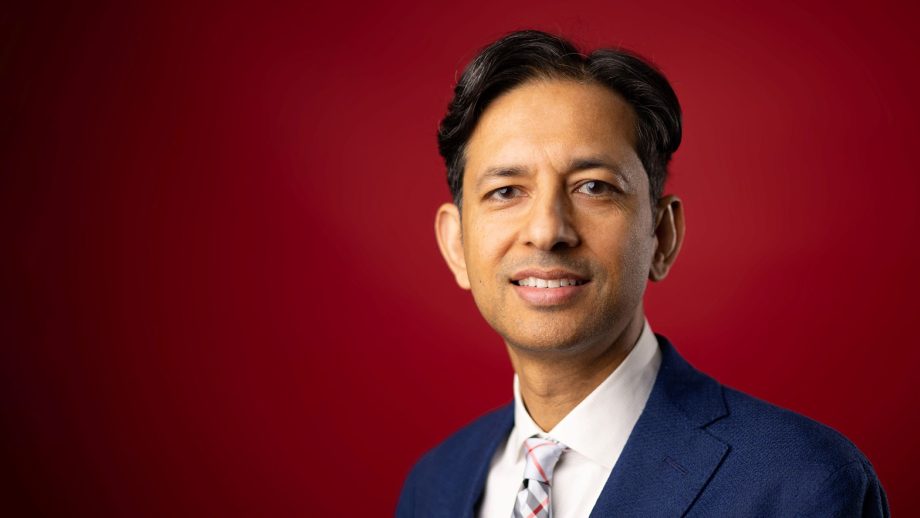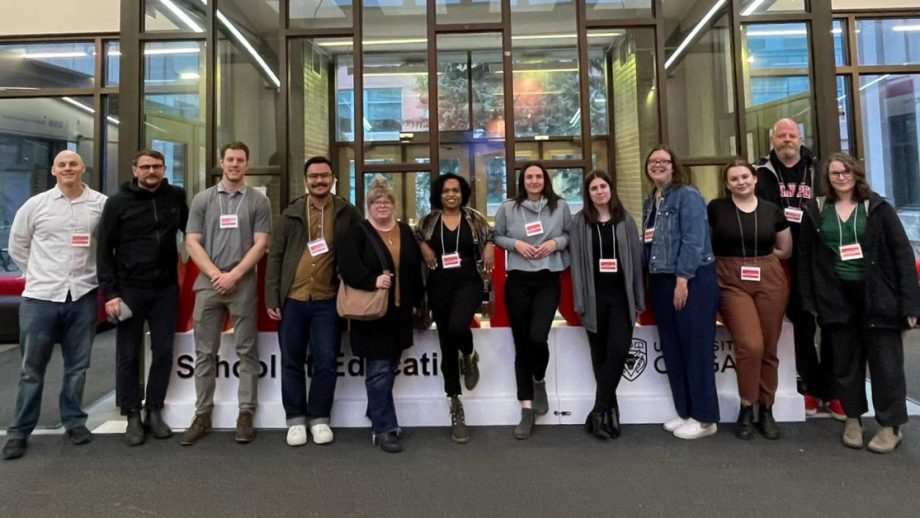Fontaine named Indigenous Academic Lead, Nelson named Director of Community Learning
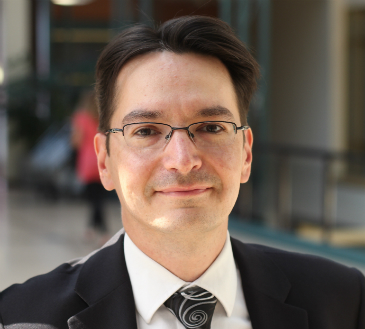
Kevin-Lamoureux, ©UWinnipeg
Kevin Lamoureux has resumed his duties as The University of Winnipeg’s Associate Vice-President, Indigenous Affairs. Lamoureux returned on August 20, following a one-year leave for an interchange with the National Centre for Truth and Reconciliation (NCTR), during which he held the role of National Education Lead.
Lamoureux’s term with the NCTR provided valuable, direct experience with residential school survivors, which will enhance UWinnipeg’s journey of reconciliation and further strengthen relations with Indigenous communities. Both UWinnipeg and the NCTR are deeply committed to reconciliation and Kevin’s interchange has built a solid bridge between the two organizations.
“My time with the NCTR has left me with a deep gratitude for the Survivors who have made it possible for us to be talking about reconciliation in Canada. I have been humbled and inspired by every member of the NCTR team,” said Lamoureux. “I know firsthand that they alone cannot shoulder the load of advancing reconciliation in Canada, which is why efforts in support of Indigenous inclusion and reconciliation are so important. There are many exciting things to come.”
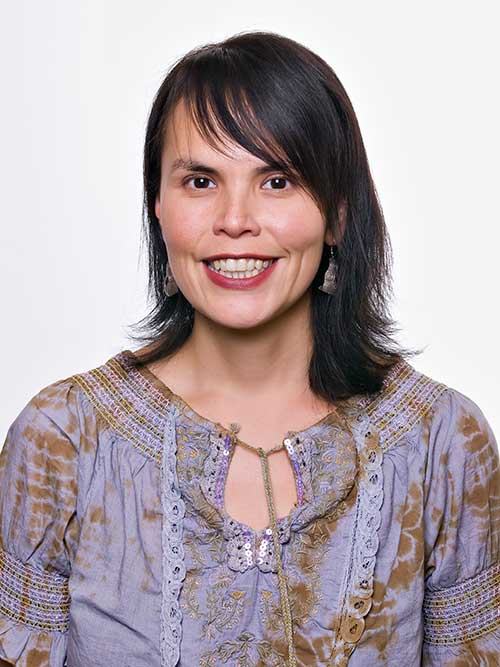
Lorena Fontaine ©UWinnipeg
Lorena Fontaine, LLB, LLM, PhD, a member of Sagkeeng First Nation in Manitoba, will take the role of Academic Lead, Indigenous Affairs — overseeing UWinnipeg’s Indigenous Course Requirement (ICR), the Weweni Indigenous Scholars Speaker Series and Indigenous Languages. Fontaine is an award-winning researcher, author, and associate professor with deep expertise in Indigenous language rights and the legacy of the Residential schools. She has taught at First Nations University of Canada and the School of Public Policy at Queen’s University, and is currently teaching and researching at UWinnipeg.
“We are very pleased to have Kevin back with us and we are excited about working closely with Lorena as we continue the important work of reconciliation on our campus and beyond,” said Dr. Annette Trimbee, President and Vice-Chancellor at UWinnipeg. “We also look forward to the strengthened connection with the NCTR and with other Manitoba post-secondary institutions, all of whom are leaders in reconciliation.”
Angeline Nelson has assumed the role of Director of Community Learning and Engagement and will continue fostering relationships with Indigenous communities. Through the Wii Chiiwaakanak Learning Centre and UWinnipeg’s community outreach programs, close to 20,000 neighborhood children and their families participate in learning programs such as Let’s Talk Science and Let’s Speak Ojibwe.
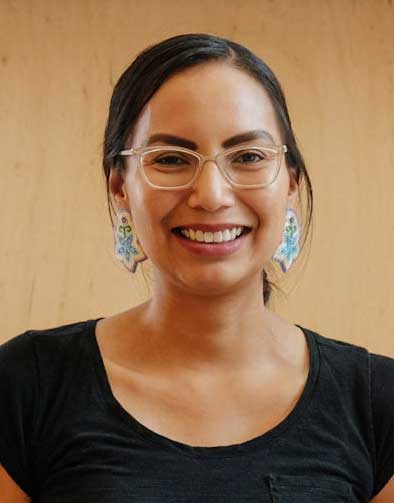
Angeline Nelson (Photo by Calvin Joseph)
UWinnipeg is grateful to Jarita Greyeyes for her dedication over the past year. Jarita was named one of Manitoba’s top community leaders by the CBC in 2017 and is now pursuing a PhD at Stanford University.
UWinnipeg also thanks Dr. Jaime Cidro, who acted as the Indigenous Academic Lead over the past year and will pursue her collaborative research project, funded by the Canadian Institutes of Health Research (CIHR), dealing with how Indigenous doulas can support First Nations women who are forced to travel to give birth in Manitoba. Dr. Cidro’s project received $835,000 — the largest amount ever received from the CIHR by a UWinnipeg researcher.
Dr. Annette Trimbee is pleased to note that Diane Roussin will continue as Chair of the Indigenous Advisory Circle (IAC) at UWinnipeg. The IAC plays an important role in advising the President on “Indigenization” and the Indigenous Course Requirement.
The University of Winnipeg is a signatory to the historic Manitoba Indigenous Education Blueprint. UWinnipeg is also dedicated to supporting Indigenous student success and including Indigenous people, perspectives, and knowledge in the academy. Initiatives such as the Indigenous Course Requirement (ICR) and the Indigenous Insights program are leading examples of how educational institutions can help provide Canadians a better understanding of Indigenous culture.
– 30 –
UWinnipeg is noted for academic excellence, Indigenous inclusion, environmental commitment, small class sizes, and campus diversity. UWinnipeg is committed to improving access to post-secondary education for all individuals, especially those taking non-traditional paths to university.


